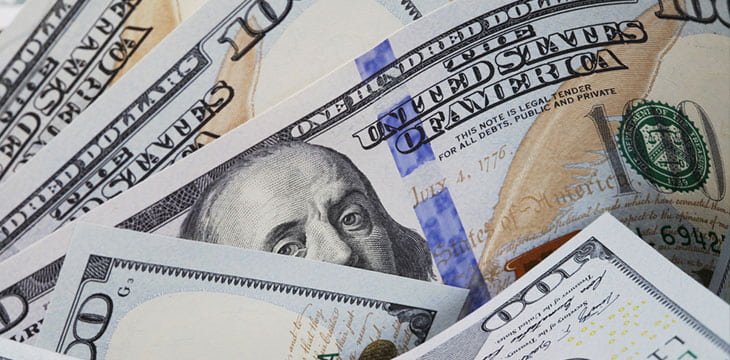|
Getting your Trinity Audio player ready...
|
The avalanche is well underway: the U.S. Securities and Exchange Commission (SEC) has charged Nexo capital for the illegal offer and sale of unregistered securities in connection with its lend-to-earn program, Earn Interest Product (EIP).
The charges come with an announcement that Nexo has already agreed to settle: they will pay a US$22.5 million penalty and cease offering EIP to U.S. investors. They will also pay an additional $22.5 million penalty to state regulators, who brought a parallel action against the company.
Nexo apparently saved itself from more severe penalties by voluntarily withdrawing the product from the U.S. market after BlockFi was forced to pay a $100 million penalty for the same thing back in February 2022.
“We charged Nexo with failing to register its retail crypto lending product before offering it to the public, bypassing essential disclosure requirements designed to protect investors,” SEC Chair Gary Gensler said in the announcement.
“Compliance with our time-tested public policies isn’t a choice. Where crypto companies do not comply, we will continue to follow the facts and the law to hold them accountable. In this case, among other actions, Nexo is ceasing its unregistered lending product as to all U.S. investors.”
“If you’re offering or selling products that constitute securities under well-established laws and legal precedent, then no matter what you call those products, you’re subject to those laws and we expect compliance,” Gurbir S. Grewal, Director of the SEC’s Division of Enforcement, said.
The writing has been on the wall for these digital asset lending programs for some time. This year, the SEC has made targets of dodgy lend-to-earn programs, which involve investors lending out their digital assets to companies who then use the deposits to fund often-risky investments. In return, the company pays lenders interest.
Under the U.S. securities regime, such arrangements will usually amount to investment contracts and thus qualify as securities that must be registered with the SEC before being offered to U.S. investors. Failing to register means that the company bypasses the stringent disclosure requirements demanded by the SEC, requirements which are there to protect investors.
In addition to the BlockFi settlement, the SEC recently took action against the Digital Currency Group’s Genesis and the Winklevoss twins’ Gemini over a similar program dubbed Gemini Earn.
Unlike Nexo, Genesis and Gemini are fighting the SEC’s charges all the way. Tyler Winklevoss took to Twitter to show outrage and disappointment, calling the SEC’s action “super lame” and lamenting that Gemini “has always worked hard to comply with all relevant laws and regulations.” But if Nexo could see the clear signaling by the SEC for what it was and withdrew the obviously illegal product from the market before being charged by regulators, how much of a surprise could the SEC’s action have been to the Winklevoss’, really?
Watch: Law & Order: Regulatory Compliance for Blockchain & Digital Assets

 03-03-2026
03-03-2026 




